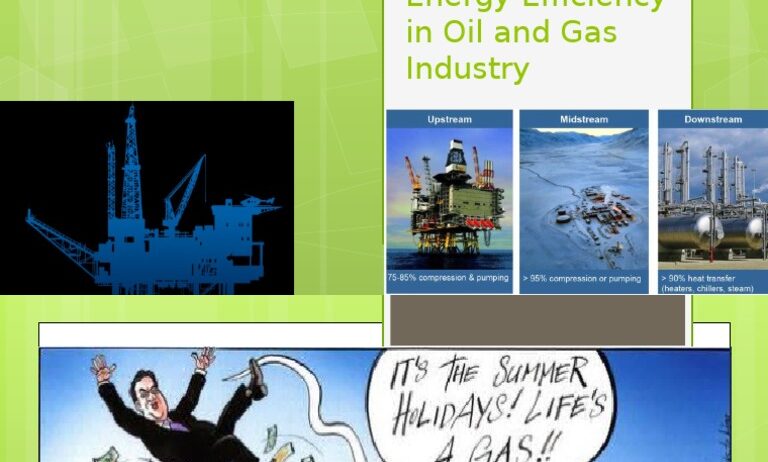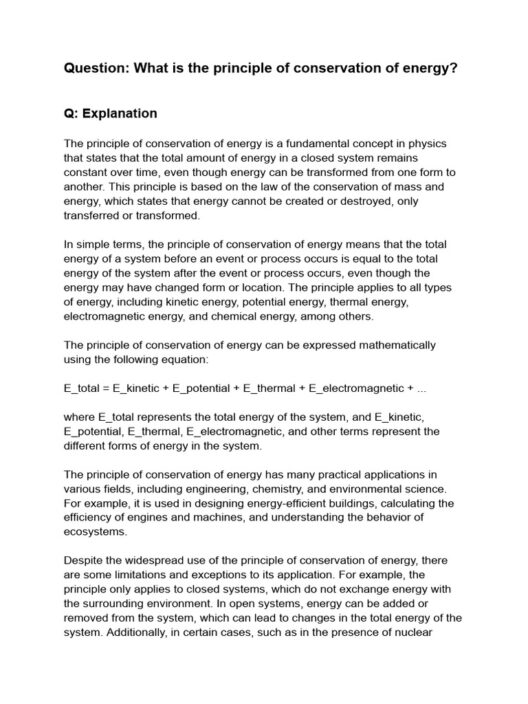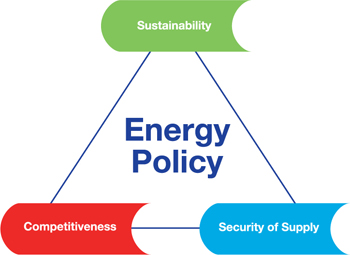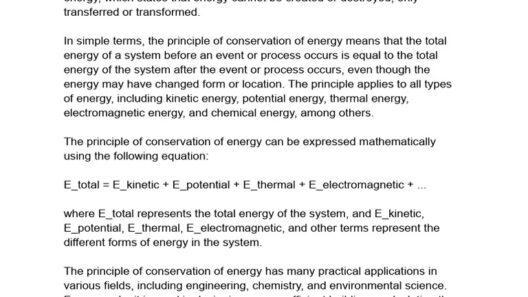In a world grappling with the burgeoning consequences of climate change, the term “energy conserving oil” has garnered attention—and for good reason. This concept embodies both the preservation of an irreplaceable resource and the innovative strategies that seek to enhance efficiency within the oil and gas industry. It symbolizes a pivotal intersection between traditional fossil fuel reliance and the innovative methodologies that can mitigate environmental impacts. This examination delves into the various dimensions of energy conserving oil, encompassing the rationale behind its necessity, the innovative solutions that are being developed, and the broader implications for the future of energy consumption.
The oil industry has historically been scrutinized for its significant carbon footprint. This scrutiny is rooted in the understanding that fossil fuel extraction and usage are primary contributors to greenhouse gas emissions. Consequently, the importance of conserving energy within this industry cannot be overstated. The notion of energy conserving oil speaks to the dual need to exploit existing oil reserves while simultaneously implementing strategies that limit negative environmental impacts. The underlying fascination with this approach often stems from the balance it seeks to achieve—a balance between energy demands and ecological sustainability.
One of the foundational pillars of energy conserving oil is the advent of advanced extraction technologies. Traditional drilling methods often result in substantial energy losses and environmental degradation. In contrast, innovative techniques such as hydraulic fracturing, or fracking, and horizontal drilling have emerged. These strategies not only increase the yield of oil wells but also optimize the energy used during extraction. For instance, fracking allows for the retrieval of oil from previously inaccessible layers of rock, drastically improving overall efficiency. Nonetheless, while these methods show promise, they also necessitate careful consideration of their long-term environmental implications.
The emphasis on energy conservation within the oil industry also extends to refining processes. Refining oil is an energy-intensive endeavor, encompassing various stages of treatment to convert crude oil into usable products. Innovations in refining technologies, including the implementation of energy-efficient distillation techniques and heat recovery systems, are pivotal shifts that can lead to substantial energy savings. Moreover, integrating renewable energy sources into refining operations can further reduce reliance on non-renewable energy, enhancing overall sustainability. This transition reflects a growing consciousness within the industry regarding its energy expenditure and carbon emissions.
Beyond extraction and refining, the distribution and transportation of oil also play crucial roles in energy conservation strategies. The logistical challenges of transporting oil can result in significant energy losses, particularly through inefficiencies in pipeline infrastructure and transportation methods. Innovations such as intelligent pipeline monitoring systems, which utilize sensors and advanced data analytics, are being developed to enhance the efficiency of oil transportation. These technologies facilitate the timely detection of leaks and operational inefficiencies, promoting better energy use throughout the distribution chain. Such developments mark a substantial leap toward reducing the carbon footprint associated with oil transport.
However, perhaps the most profound innovations in the realm of energy conserving oil stem from the integration of carbon capture technologies. These systems provide a viable approach to intercepting and storing carbon dioxide emissions generated during oil extraction and refining processes. By capturing CO2 before it enters the atmosphere, these technologies not only mitigate greenhouse gas emissions but also pave the way for a more sustainable coexistence of fossil fuels and environmental preservation. The successful implementation of carbon capture can fundamentally alter the narrative surrounding the oil industry, potentially positioning it as a partner in the transition toward a low-carbon economy.
Another noteworthy aspect of energy conserving oil revolves around the promotion of an energy-efficient organizational culture within oil companies. Employee engagement in energy conservation initiatives can lead to remarkable advancements in operational efficiency. Companies are increasingly adopting energy management systems that incentivize personnel to monitor energy use and implement efficiency measures. Such cultural shifts are critical as they engender a sense of collective responsibility toward reducing energy consumption and minimizing environmental impact. The integration of educational programs tailored to enhance employees’ awareness of energy conservation further solidifies this commitment to sustainability.
Moreover, the role of regulatory frameworks cannot be overlooked in facilitating advancements in energy conserving oil. Governments worldwide are beginning to recognize the necessity of instituting regulations that promote energy efficiency within the oil sector. These frameworks often encompass stricter emission standards, financial incentives for adopting cleaner technologies, and funding for research and development initiatives. This legislative support can catalyze innovation and motivate companies to prioritize sustainability as a core component of their operations. By aligning economic incentives with environmental goals, regulators hold the key to transforming the energy dynamics of the oil industry.
The future of energy conserving oil is not merely a technological evolution; it epitomizes a broader shift in perception. As society grapples with the ramifications of climate change, the oil industry must embrace a dual identity: that of an energy provider and a steward of environmental sustainability. The tapestry of energy conserving oil weaves together tradition and innovation, illustrating that the industry can adapt and evolve while still addressing consumer demands. As advances continue to unfold, these innovations will likely lead to transformative changes in how oil is extracted, refined, and utilized, fostering a more resilient and environmentally conscious energy landscape.
In conclusion, the quest for energy conserving oil represents a multifaceted approach to addressing some of the most pressing environmental challenges of our time. By prioritizing advanced technologies, innovative practices, employee engagement, and supportive regulations, the oil industry has the potential to mitigate its environmental impact while continuing to meet global energy demands. This dual focus on efficiency and sustainability not only offers a pathway for the industry to thrive but also contributes to the broader goal of creating a sustainable future for generations to come.








